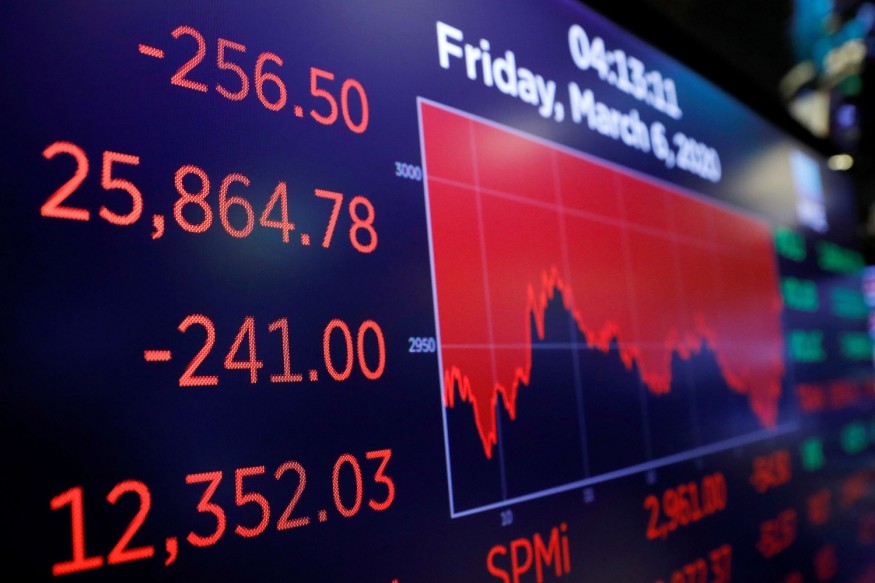Dow Closes With a Decrease of 2,000

The Dow Jones Industrial Average shut the day with losses around a couple of thousands of points on Monday, as part of a global market rout that saw spiraling sell-offs in the energy section amidst the best drop for crude oil since the Gulf War 29 years ago.
The blue-chip Dow saw its greatest point decrease ever, down 7.8%, with the S&P 500 and the Nasdaq somewhere around 7.6% and 7.2% separately for one of the most exceedingly terrible days since the budgetary emergency.
Wall Street suffered a tremendous hit on Monday, with declining oil prices and concerns of the coronavirus' effect nearly lifting the American economy from the longest bull market in history, precisely 11 years from its beginning.
Crude oil prices collapsed 25% since the world's oil producing nations failed to achieve an agreement during last week's meeting in Vienna amongst oil cartel members.
Saudi Arabia and Russia are said to have agreed to boost production on their own conditions, after the current agreement expires at the end of this month. The situation continued over the weekend.
By Monday morning, merchants on Wall Street were supporting an emergency - which came only minutes into the day's exchanging, after the S&P plunged past the 7 percent decay achievement, setting off an electrical switch that stopped all activity on the New York Stock Exchange for 15 minutes.
The proceedings in the wake of exchanging continued provoked activity from the White House, with Wall Street officials booked to meet with President Donald Trump on Wednesday to talk about the reaction to the recent issues.
Corporate America's huge number of strategy refreshes and relinquished money related figures have put significant banks and organizations inconsistent with an organization that has rejected Wall Street's ongoing thrill ride plunges as an "eruption."
Mohamed El-Erian said on Monday morning that they have fundamentally lost every one of their stays, boss financial consultant at Allianz. He also added that they lost the financial grapple with the coronavirus and that they have lost the arrangement to stay with individuals losing trust in the Fed's capacity to make something happen. Also, throughout the end of the week, he said that they lost a market stay with OPEC.
Wall Street is presently evaluating an extra rate cut from the Federal Reserve, envisioning that the national bank will slice the present scope of 1 percent to 1.25 percent this month to zero, a level unheard of since the budgetary emergency.
The following Fed meeting is set for March 17-18 in Washington, however, some market watchers state a move could come sooner. The monetary aftermath from the infection pushed the Fed to actualize a crisis rate cut a week ago, the first occasion when it has settled on such a choice since the Lehman Brothers bank breakdown in 2008, one of the triggers of the downturn.
The Federal Reserve reported a crisis rate slice on Tuesday in light of the monetary effect of the coronavirus spread, cutting the country's benchmark obtaining rate considerably a rating point.
Business analysts bring up, in any case, that the Fed's approach tool compartment can go just so far to alleviate the financial aftermath from the coronavirus.
Subscribe to Latin Post!
Sign up for our free newsletter for the Latest coverage!












